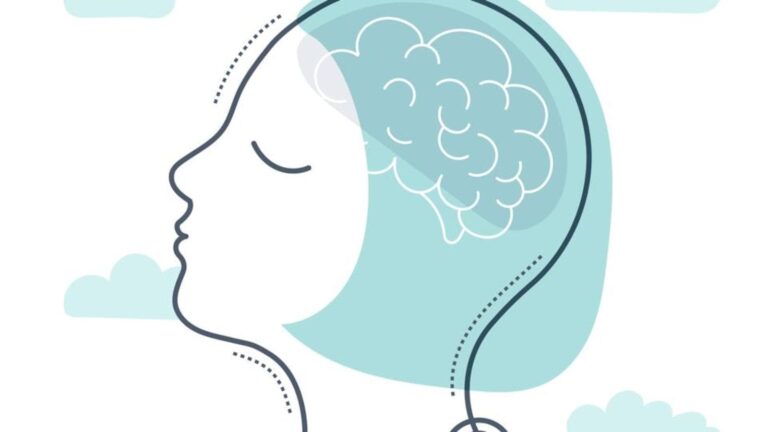PUNE: While one in eight people worldwide live with a mental health problem, more than 60% of the population does not seek treatment in the early stages of mental illness; choosing to do so only when symptoms worsen and disrupt their daily life. People often do not recognize the symptoms of mental illness, leading to longer treatment times than for other illnesses.
According to doctors, mental health problems such as stress, anxiety and depression are common among a large number of people and, although their incidence has increased significantly, the stigma associated with them and neglect to the regard for preventive care and treatment remains high. While only 10% of patients with mental disorders are diagnosed with serious mental illness, according to doctors.
Mental health expert and former dean of BJ Medical College, Dr Vinayak Kale, said, “These patients remain hidden in the community as long as they have mild or moderate symptoms. They only see a doctor when symptoms worsen. These disorders, if neglected at the beginning, can then develop into a serious form of illness.
According to doctors, stress, depression and anxiety are common mental illnesses, while schizophrenia, bipolar disorder (manic depression), clinical depression, suicidal tendencies and personality disorders are mental illnesses. serious mental health problems they encounter. Study-related stress and anxiety are common among young people. Young adults are prone to depression, anxiety, substance abuse, risky behaviors, and suicidal tendencies due to ever-changing lifestyles and societal expectations. Pressure to “fit in,” a dysfunctional home life, and lack of an adequate support system also perpetuate these conditions.
The theme for World Mental Health Day 2023 is “Mental health is a universal human right”. The aim of this theme is to improve knowledge, raise awareness and carry out actions that promote and protect everyone’s mental health as a universal human right, according to the World Health Organization (WHO). According to Dr. Kale, if people suffering from depression are left unattended, they can later fall into severe depression. Their daily activities are hampered by severe depression and they develop suicidal thoughts. “Anxiety is naturally present in humans but when it increases, it turns into depression. For stressed people, the mental apparatus of the person and society plays a vital role in overcoming stress or breakdown,” he said.
In older adults, old age brings challenges such as memory loss, dementia and cognitive impairment. This leads to difficulty understanding and carrying out daily activities, which in turn leads to frustration, depression and anxiety, further affecting overall mental health.
Dr HS Gosavi, a psychiatrist at the Regional Psychiatric Hospital, said mental health problems are common in today’s world but still carry a stigma. “People often discriminate against patients with mental disorders and deprive them of their basic human rights. There is a need to eradicate myths, stigma, exclusion and discrimination related to mental health problems. We still receive patients with serious mental illnesses and most of them delayed treatment initially due to misconceptions about the illness, myths or social reasons,” she said.
Eklavya Foundation Initiatives on World Mental Health Day
On the occasion of World Mental Health Day, the Eklavya Foundation announced its commitment to promoting good mental health as a universal human right. The foundation highlighted the importance of bridging several gaps and obstacles, both on a social and individual level, to achieve this common goal.
Recognizing the existence of these challenges, the Eklavya Foundation has developed several innovative programs aimed at bridging these gaps and overcoming obstacles. Next year, the foundation plans to focus on implementing several initiatives aimed at making a positive impact on mental health awareness and support.
Among these innovative programs is the “Phoenix Project,” which encourages patients and caregivers to share their experiences and journey through mental illness. The “Phoenix Project” aims to highlight that recovery from mental illness is possible and that stigma-free zones help eliminate the stigma associated with mental illness.
Additionally, the “Bahar” initiative seeks to bring together poems that provide patients, caregivers and mental health professionals with the opportunity to express their direct experiences related to mental illness, thus forming a platform for expression creative. The foundation has undertaken 18 such initiatives intended to stimulate interest among patients, students and the general public.
Professor Dr Anil Vartak, Chairman, Eklavya Foundation, called on patients, caregivers, students and the general public to participate in these initiatives. Their active participation will significantly contribute to our collective efforts to promote awareness of mental health and well-being, he said. “We invite patients, caregivers, students and laypeople to actively participate in these innovative programs,” said Dr. Vartak.
